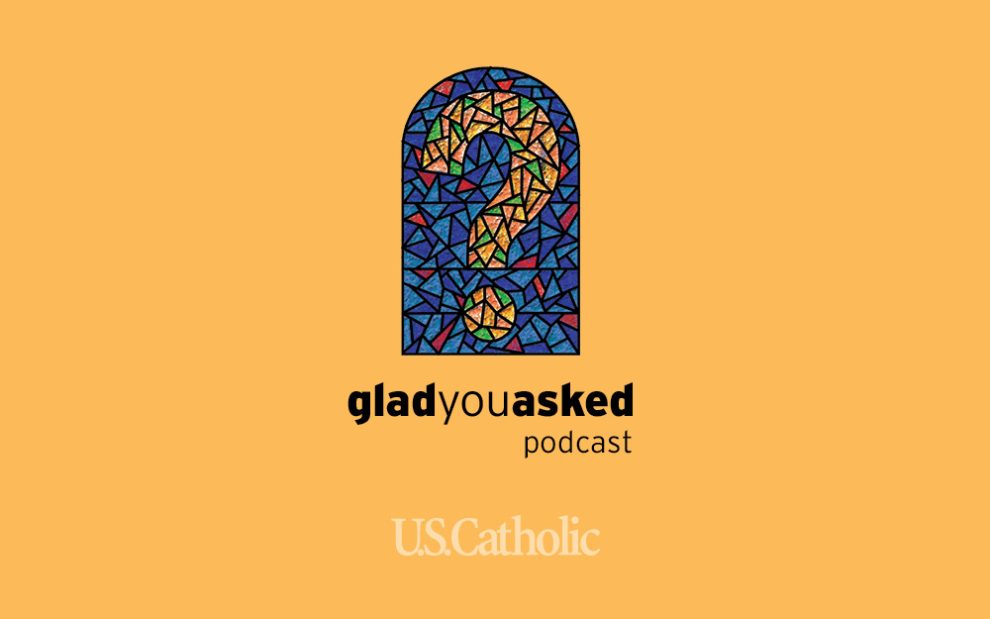Listen on: Spotify | Apple Podcasts
The belief that the movement of heavenly bodies shapes or predicts events has been around for thousands of years and can be found in many ancient cultures. Even today, some people look to their horoscopes when seeking insight on life decisions. Others read their horoscopes just for fun, without really believing in astrology, or using it to make serious choices. Still others would never dream of reading their horoscopes, viewing this as a form of divination or witchcraft which could open the door to demonic forces.
The Catechism of the Catholic Church lists astrology among other divination practices (including conjuring the dead, palm reading, and recourse to mediums) that Catholics should avoid. Pope Francis reminded the faithful to cling to Jesus, not horoscopes or fortunetellers, for security in life. But do these warnings refer to all uses of astrology? What about people who read their horoscopes for fun, or look to the positions of the celestial bodies when planning agricultural practices like planting crops or pruning fruit trees?
On this episode of Glad You Asked, the hosts talk to historian Luis Campos Ribeiro about the origins of astrology, how Christianity has regarded it over the centuries, and what the Catholic Church teaches today about looking to the stars for guidance. Ribeiro is a historian of art and of science, with a focus on astrology, astronomy and their connections to art in the Medieval and Early Modern eras. He has a doctorate degree in History and Philosophy of Sciences from the University of Lisbon, and has written multiple articles, and two books, including Jesuit Astrology: Prognostication and Science in Early Modern Culture (Brill).
Learn more about this topic and read some of Campos Ribeiro’s work in these links.
- “Should Catholics consult their horoscopes?” by Kathleen Manning
- “Cling to the Lord, not horoscopes, fortunetellers, pope says,” by Junno Arocho
- “Nautical astrology: a forgotten early modern tradition,” by Luis Campos Ribeiro
- Jesuit Astrology: Prognostication and Science in Early Modern Culture, by Luis Campos Ribeiro
- “What are the ancient origins of your zodiac sign?” by Catherine Caruso
- “The Meaning of Coincidence,” by Edward Tverdek
Glad You Asked is sponsored by the Claretian Missionaries USA, a congregation of Catholic priests and brothers who live and work with the most vulnerable among us. To learn more, visit claretians.org.














Add comment